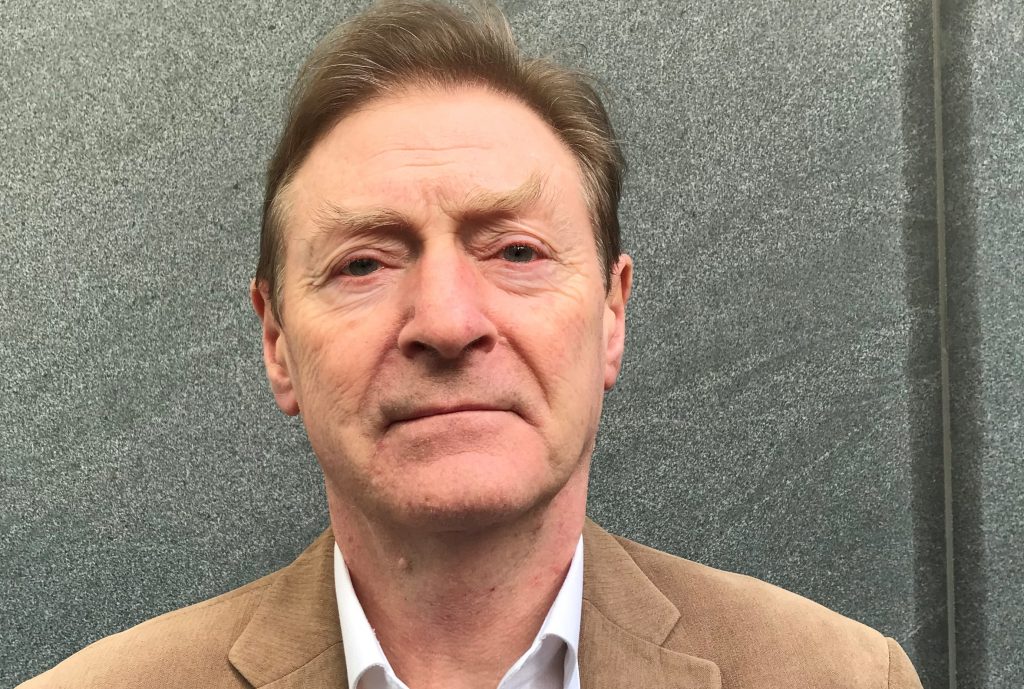
What is your current position?
I am the Head of Contract Management – for offshore wind at innogy Renewables UK and Lead Procurement Manager for the offshore wind project Triton Knoll, managing a team dealing with procurement related tenders, claims and negotiating all the project-related contracts with our numerous suppliers.
Can you describe a typical working day in your life as Head of Contract Management?
It starts in my head when I wake up. First, I check my emails and calendar to plan the day and the week ahead. After looking at meeting notes from the previous few days I figure out the actions and start sending emails, attend meetings and talk to my team about their intended workload. An essential part of my work is to check the progress of tenders especially if we have incoming messages and allocate tasks to my team. Also, I need to prepare data for the monthly claims meeting and approve documents such as management reports and payment certificates.
What studies have been most important in getting you into this post?
I left school with O-levels (now GCSE) at the age of 16 and built up several professional qualifications during my career, starting with an Ordinary National Diploma in building construction and leading to a Master’s degree certificate in contract law. Scientific subjects, such as maths and physics have really helped me in obtaining technical understanding and getting into my first projects. Also, geography and English have turned out to be a good choice as a starting point for a strongly international career.
How did you get here? Describe your career pathway in a nutshell:
I have worked for a lot of building companies during my time. Some in the UK and several others in countries across the Middle East and Southeastern Asia. I even started my own company three times throughout my earlier career which has spanned 45 years.
My first big power-related project was the construction of a large-scale hydropower plant in Iraq back in the 1980s where I also discovered my passion for contract law and claims management. I enjoyed learning a lot about this topic from a mentor I got to know during my time there.
This led me to further qualifications such as a Chartered Institute in Arbitration and a university Master’s degree certificate in contract law.
After numerous infrastructure projects for airports, hospitals and accommodation businesses, in the late 2000s I decided to focus more on power generation business and after a spell in the Middle East I focused on the EU power and renewables industries.
In 2010 I came back to the UK, opened (third time) my own company with a lot projects all over the world focusing more on power industry projects. I worked on a Demonstrator project for five turbines and this inspired my appetite for more renewables energy projects.
My never-ending curiosity on discovering new opportunities had then finally led me to the offshore wind industry.
Why did you choose to work in renewables?
As many things in life happen by chance this also applies to my start in the offshore wind industry. Through my third time of being a self-employed contractor I got into the Blyth offshore wind demonstrator project. I was fascinated by the variety of construction activities within one project. This is essentially different from other civil works I had been engaged with such as building hospitals.
I chose to work for Innogy, as the company has offered me excellent development opportunities combined with the security of a full-time employment and family friendly working environment.
What would be your most important careers advice?
Do what you are interested in but get a proper qualification as it enables you to achieve your preferred job much easier. Be patient and don’t give up; always keep your focus and figure out what you want to achieve in life and what is important for you. Is it a preferred location you want to live, a high income, ever new project opportunities or your family situation? Try to think of your long-term prospects when taking a career decision of where you see yourself in the next 10 years and strive to achieve that goal.
